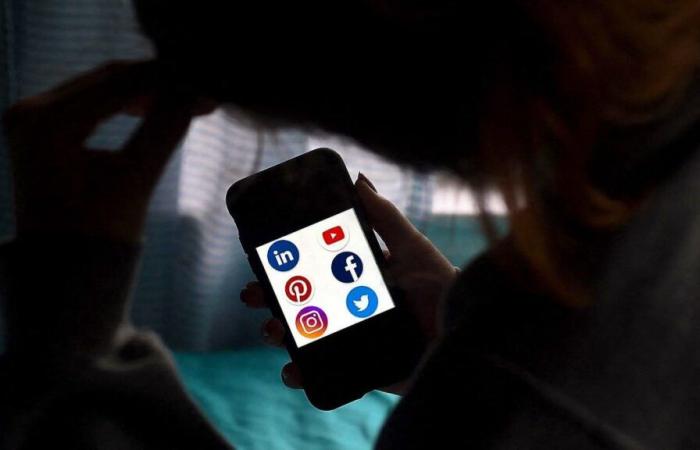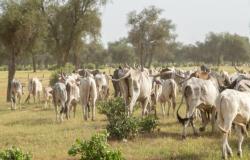Social networks say they want to collaborate to implement this ban, but say they are very worried about its consequences.
AFP
Social media giants on Friday condemned the Australian law banning access to social networks for under-16s, pointing out the risk that it could send them to dangerous alternative platforms.
The text, which was adopted Thursday by the Australian Parliament, should soon require platforms like X, TikTok, Instagram, Facebook or Snapchat to take “reasonable measures” to prevent children and young adolescents from having an account.
“It is entirely likely that the ban will lead young people to darker areas of the Internet where there are no general rules, security tools or protection,” noted a TikTok spokesperson in a statement Friday, expressing regret that the Australian government had ignored the advice of many experts.
Not a miracle solution
Meta, parent company of Facebook and Instagram, for its part deplored the failure to take into account what the sector “already does to ensure age-appropriate experiences”, while ensuring that the law would be respected.
The United Nations Children’s Fund (UNICEF) in Australia also ruled that the law was not a “silver bullet” against online dangers and could redirect children to “hidden and unregulated” spaces. “.
Center-left Prime Minister Anthony Albanese acknowledged that enforcement of the law will not be perfect, like the age restriction on the sale of alcohol, but that it was nonetheless the “good thing to do”.
Effective in one year
Despite much reluctance, the social media giants have committed to working with the Australian government to define the terms of application of the law before its entry into force, scheduled for a year from now.
The text in fact provides almost no details on its terms of application, so much so that some experts have expressed doubts about the technical feasibility of this ban and wonder if it is not a text within the scope symbolic, but inapplicable.
The Australians also seem doubtful. “I don’t think it will change much because I don’t see a really effective way of policing,” said Emily Beall, a 41-year-old Melbourne resident.
Arthur McCormack, 19, says he saw content on social media when he was younger that was “a bit traumatic”. Although he approves of the adoption of this law, the young man nevertheless has difficulty seeing how it could be implemented.
Meta called for these implementation arrangements to be subject to consultation in order to ensure a “technically feasible result that is not an onerous burden for parents or adolescents”.
Station excluding
A Snapchat spokesperson also assured AFP that the application would collaborate to “help develop an approach that balances confidentiality, security and applicability”. The company, however, expressed “serious concerns” about this law, the application of which raises “many unanswered questions” according to it.
For Katie Maskiell, a Unicef official in Australia, young people must certainly be protected in this digital era, but without being excluded. “This ban risks preventing them from accessing aspects of the online world essential to their well-being,” she noted.
One of the questions raised by this new legislation is that of the provisions relating to the protection of private life. Amendments have been made to the text to prevent users from having to provide their identity card to attest to their age.
For social media giants, age verification should be carried out by application stores, but the Australian government instead believes that this responsibility falls to them. Certain platforms like WhatsApp and YouTube, which teenagers need to do their homework, should be exempted.
(afp)






